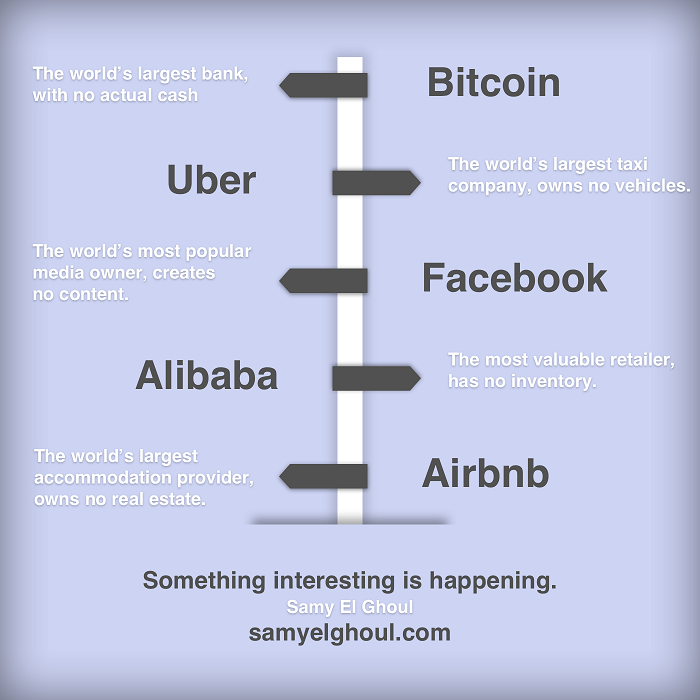Over the past years, we witnessed the rise of the sharing age, where the consumer behavior changes, revolutionizing once again the economy. The consumer of the future pays for use, not for ownership.
In 2017 access via sharing is a sustainable and desirable alternative to owning. Moreover, there is no longer “I”, but “we”. It is a turnover that adds to a flexible and efficient demand-and-supply pattern. The millennials are embracing the sharing economy and the world has to get used to it.
The Millennial Generation
The Millennials are the people born in the early 1980s through the early 2000s and for whom simplicity and efficiency are essential values. They are the ones who revolutionize the economy by sharing and using goods collectively. This disruptive practice has a lot of potential, according to an article published by Globalance Bank on the subject of ownership. In the UK and the US, it is believed that 80% of the objects we own are used less than once a month. Also, in an average household, every fourth object is appropriate for sharing, which means high utilization and business opportunities.
These new consumers care about lower costs, instant access and flexibility. Accordingly, sharing the use of an object is more economical than owning it. For Millennials, lower resource consumption and the sense of belonging to a community of like-minded individuals is a core value of their identity.
Democratic consumption and sharing culture
Sharing impacts the environment too because it is efficient and it conserves scarce resources. It also raises demand, due to lower prices. Furthermore, the sharing economy makes services and products accessible through online platforms. Accordingly, this practice encourages companies to develop new business models, which leads to a democratization of consumption.
As urbanization increased, quality started to dominate the acquisition of material goods. The main characteristic of sharing marketplaces is to extract value from the things people already own. This behavior brings lower costs, less waste, and creates global communities around shared values.
Trust and the digital reflection of one’s reputation
The Millennials’ concept of trust has a whole new meaning. It can easily be built in the virtual space, based on someone’s digital trail and online peer reviews. Also, “as the global sharing economy grows, trust and personal accountability amongst peers might just become one’s most valuable asset”, as Sara Green Brodersen (Founder and CEO at Deemly) states in an article dedicated to this subject.
Rachel Botsman views the importance of trust as “the ability to measure or value a person’s reputation – their reputation capital – across different marketplaces”. However, she believes it will become a crucial metric for the 21st century and “it will be more important than our credit history”.
It’s time for reinvention and creativity
The sharing economy offers huge opportunities for reinvention and innovation in the traditional industries. It opens up a new level of creativity, where everyone can choose to be a part of. Moreover, it impacts the old ways of doing business.
The new consumer demands truthfulness, transparency and value. The experience is the acquisition driver, and the sharing economy is definitely here to stay. If we are embracing the sharing age, we are contributing to something bigger than the numbers, which can be defined as progression.
The best is yet to come
The World Economic Forum predicted that in 13 years we will own nothing and the transition to access will make us happier than ever. ?
It seems that Millennials are shaking the traditional consumerism culture. They already buy less stuff, seek value in their purchases and rather spend money on experiences than on stuff. Besides, a “sharing consumerism” means sustainability and re-usability of items. Maybe it sounds “hippiesh”, but if we embrace services and access, we can extend a bit the life of our planet. Usually, evolution has something to do with extinction and rebirth. How about disruption?
